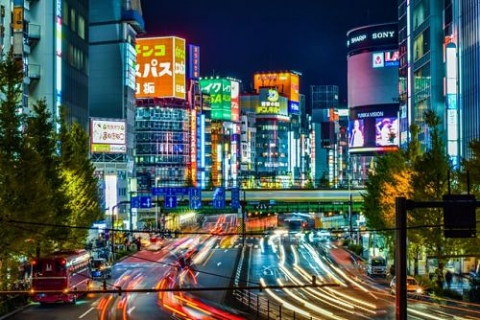The global nature of commerce means today's businesses are always looking for opportunities outside of their domestic markets.
Acquiring, or merging with, a foreign company is a common way to achieve this.
However, as our blog on Culture in International M&As clearly proves, cultural differences can, and will, get in the way of success unless they are managed properly.
That's why it's interesting to read Chinese lawyer, Zhang Hefu's comments about Chinese businesses buying Japanese companies and their need to be more culturally sensitive.
In his article for Asia Business Law Journal, Hefu states that, although many Chinese investors are desperate to get their hands on Japanese businesses, very few succeed.
Why? He believes it's due to Japanese and Chinese cultural differences.
In his 20 years of working within the Chinese-Japanese dynamic, he points to four critical cultural differences relating to Japanese culture, that the Chinese must understand before doing business in Japan.
1. The Japanese Are Introverts
In comparison to the Chinese, Hefu believes the Japanese are much more introverted. Discussions tend to take a long time, it can be tough to try and work out what people think and the communication style can be so indirect and vague that it causes confusion.
2. The Japanese Focus On Harmony
The Japanese culture places a high emphasis on harmony. In a practical sense, this means people don't like to cause 'trouble' for others. This can manifest in all sorts of ways such as the constant use of apologies or their discomfort discussing potentially tricky or sensitive topics.
3. The Japanese Hold you to Your Word
You are what you say in Japan and as a result, people expect you to stick to what you say and to deliver on promises. Small things such as turning up late to a meeting, not delivering on time or going back on your word can cause irreparable damage to relationships and trust.
4. The Japanese Don't Rush Decisions
Japanese values stress the need for consensus. As a result, they have a particular way of coming to decisions as a group called Nemiwashi. Decisions are made bottom-up, level by level meaning that within an organisation it can take a long time for everyone to have their say. However, once a decision is made the Japanese are very quick at implementing it.
Although he points to these cultural differences within the Chinese-Japanese dynamic, they are just as applicable whether you are from the USA or Germany.
Prior to doing business in Japan, it's critical to understand how the locals do things so that a) you don't get confused and b) you make a good impression.
If you need to drive positive business outcomes in Japan, then it's essential that you understand Japanese business culture.
Get a competitive advantage and develop positive relationships with your Japanese counterparts by taking part in a customised Japan cultural training webinar with one of our Japan Cultural Specialists or, enrol on our comprehensive eLearning Japanese Cultural Awareness course for business professionals.
Photo by Jean Vella on Unsplash
